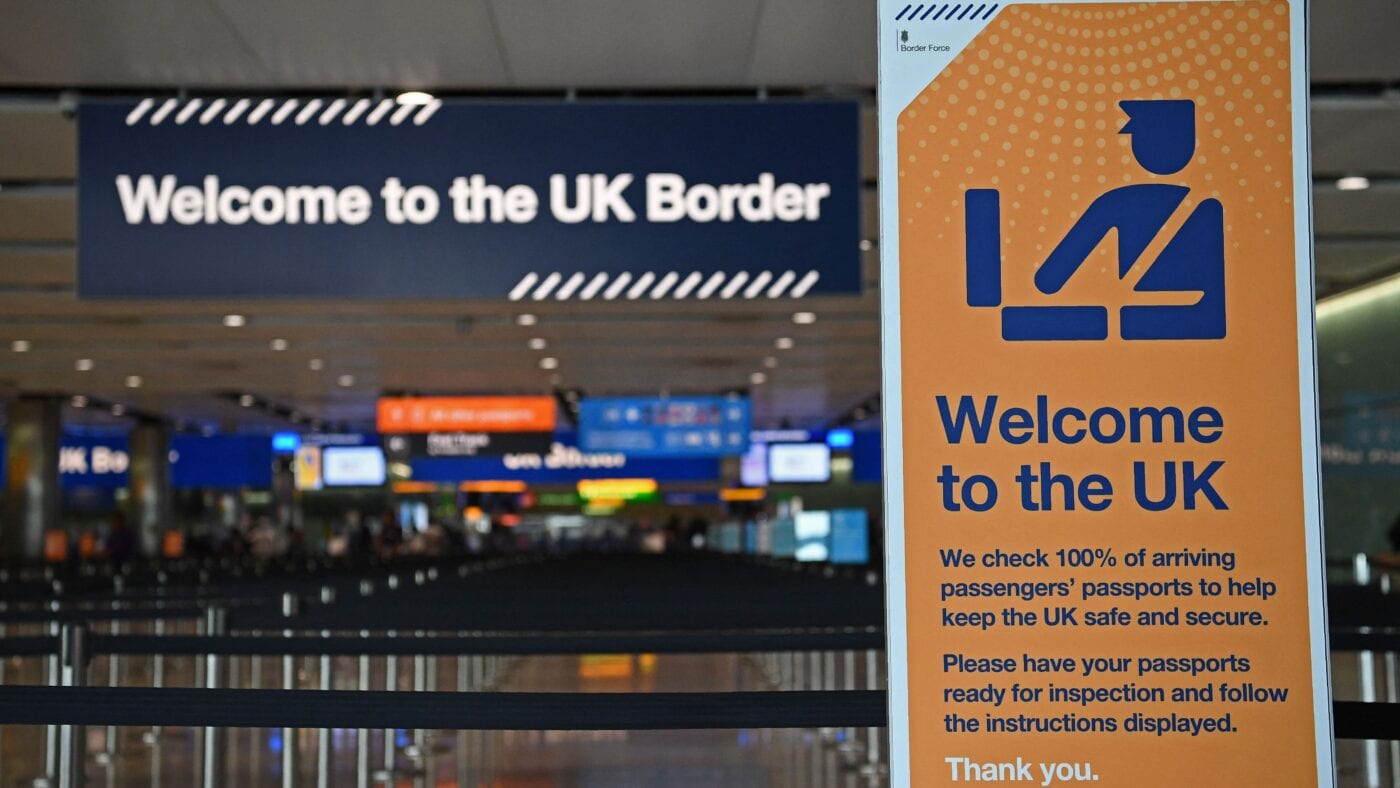Throughout the 20th century, Britain was a country of net emigration and then one of low net immigration. But after 1997, the number of people arriving started to accelerate dramatically. And since the new immigration system came into effect in 2021, numbers have accelerated even further, to unprecedented levels.
While the public imagination is preoccupied with Channel crossings, legal inflows are over 25 times the level of illegal inflows: 1.2m versus 46,000 in 2022. Once you account for those also leaving the country, 3.7m people have been added to the UK population through net migration since 2010, more than the population of Wales. This compares to net migration of just 68,000 from 1973-1997. Between 2001 and 2021, the share of people in England and Wales born outside the UK increased from 9% to 17%.
If British living standards were rising as a result, this could be a good thing. However, as the Centre for Policy Studies argues in a paper launched today, large-scale migration has not delivered significant growth in GDP per capita, and has increased the strain on our capital stock, from roads and GP surgeries to housing.
Take the housing market. That the UK has failed to build enough houses is well-understood. But migration is increasing the pressure. England’s already massive housing deficit increased by 1.34m homes over the last decade, and net migration accounts for 89% of the increase. The private rental market is also affected, for example, 67% of private rented households in London are headed by someone born overseas.
Furthermore, not every migrant contributes equally. From an economic perspective, the ideal migrant is relatively young and productive, and contributes far more to the economy than they take out. But earnings and tax contributions vary enormously. The easiest way to see this is to look at how much, on average, different nationalities earn (although this is not primarily about nationality – highly skilled workers can come from anywhere in the world). For example, Spanish migrants typically earn around 40% more than migrants from Pakistan or Bangladesh, but roughly 35% less than migrants from France or America.
There is also clear evidence of visa routes being oversubscribed. The Graduate visa, for example, offers foreign students the chance to stay in the UK for two years after graduation. Many of these graduates remain in the UK, but in low-skilled jobs, rather than high-paid graduate level positions. There have also been over 500,000 health & care visas issued since 2020, but 56% of these are for dependants, rather than actual care workers. Furthermore, this route is being abused on an industrial scale, via fake companies, a troubling increase in modern slavery and large numbers of people getting care visas but not working in care.
Despite this vast increase in labour, economic growth per capita has virtually stalled for 15 years. The reason is multi faceted – migration has exacerbated policy failures in housing, regulation, tax reform, and skills. However, it is clear that migration has not contributed either, and further migration will not solve our productivity problem.
To cap this off, the state of government data on migration is also dire. The government simply does not have up-to-date information on the number of migrants arriving or the number in the country at any given time. Furthermore, there are failures to anticipate how big demand will be. For example, when the health & care visa route was designed, the Department of Health and Social Care estimated that around 6,000 people a year would make use of it. Last year, the number of people using the visa was 24 times higher. We also lack sophisticated analysis of the lifetime fiscal impact of different groups of migrants, making sensible decision-making hard. As in many other areas, we need better data and analysis to support ministers to make better decisions.
Immediate action is necessary and possible. Among other measures, the government should reaffirm the commitment to return net migration to the 20th century norm of the tens of thousands and institute an annual cap on each individual visa route, voted on by Parliament as part of a ‘Migration Budget’. There are plenty of benefits to migration, but currently we’re not reaping them. The UK should aspire to be selective with the migrants who move here. The primary goal is that migration should benefit the UK by focusing on highly skilled migrants who will make a net economic contribution to the UK over the course of their life.
Click here to subscribe to our daily briefing – the best pieces from CapX and across the web.
CapX depends on the generosity of its readers. If you value what we do, please consider making a donation.


